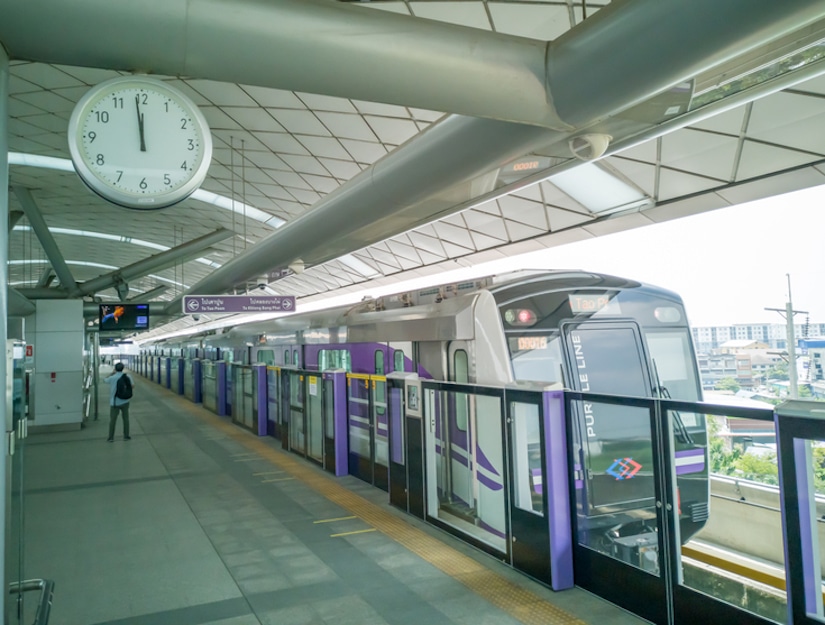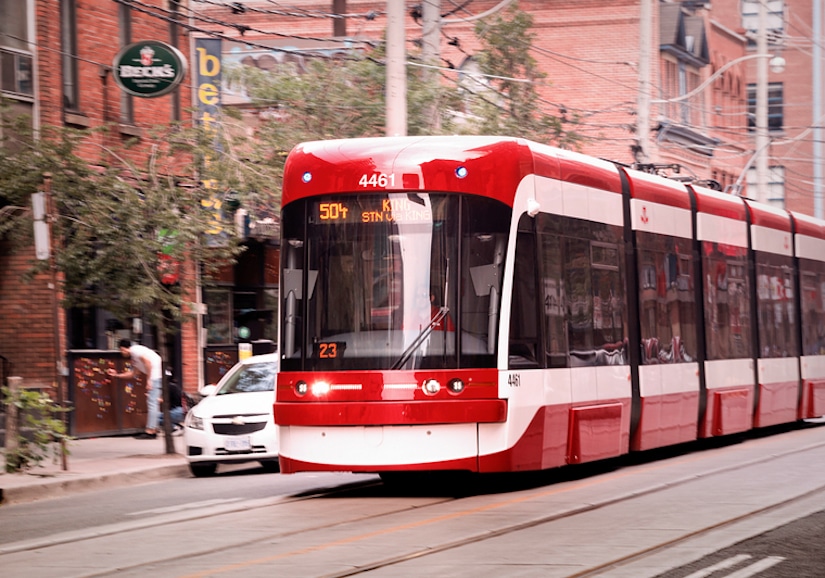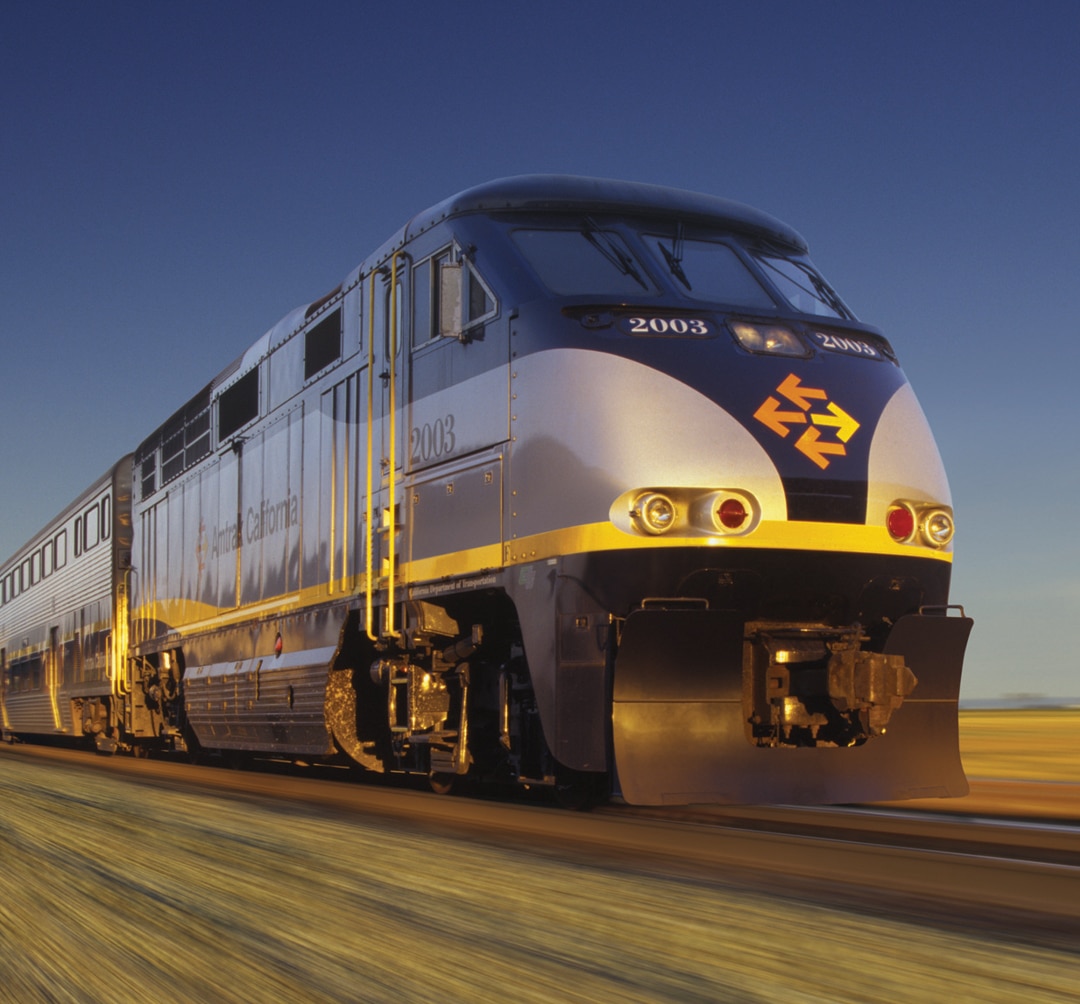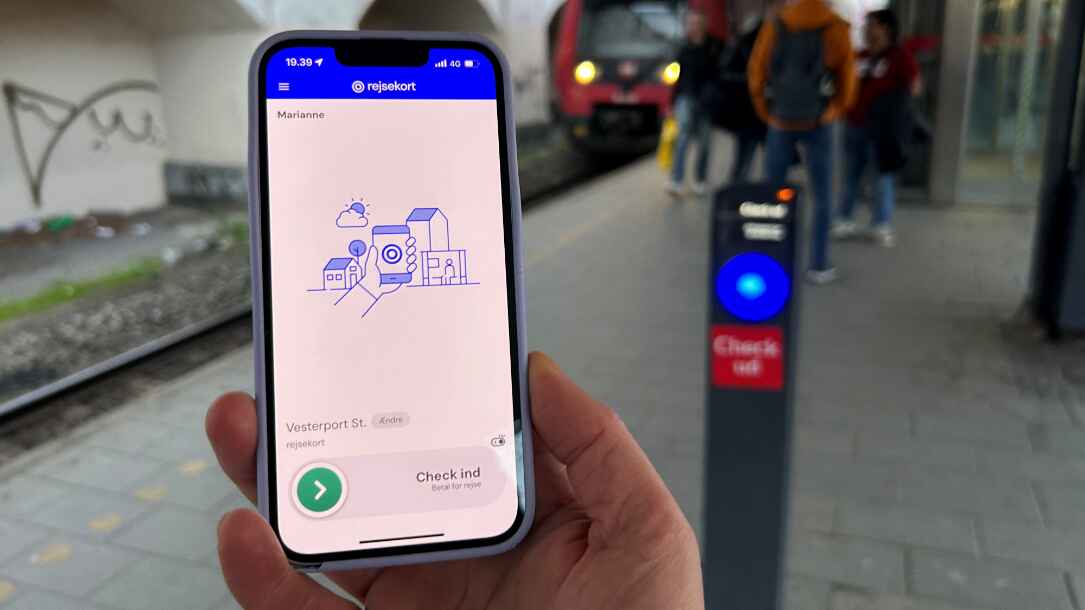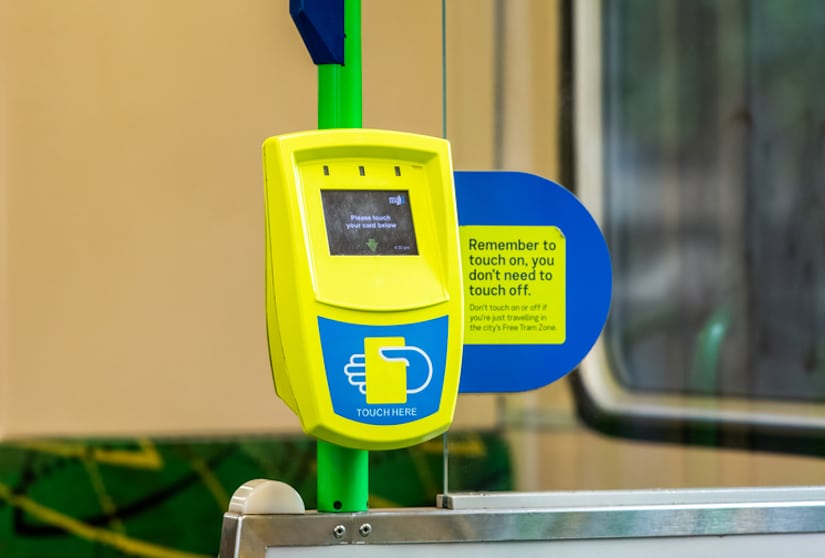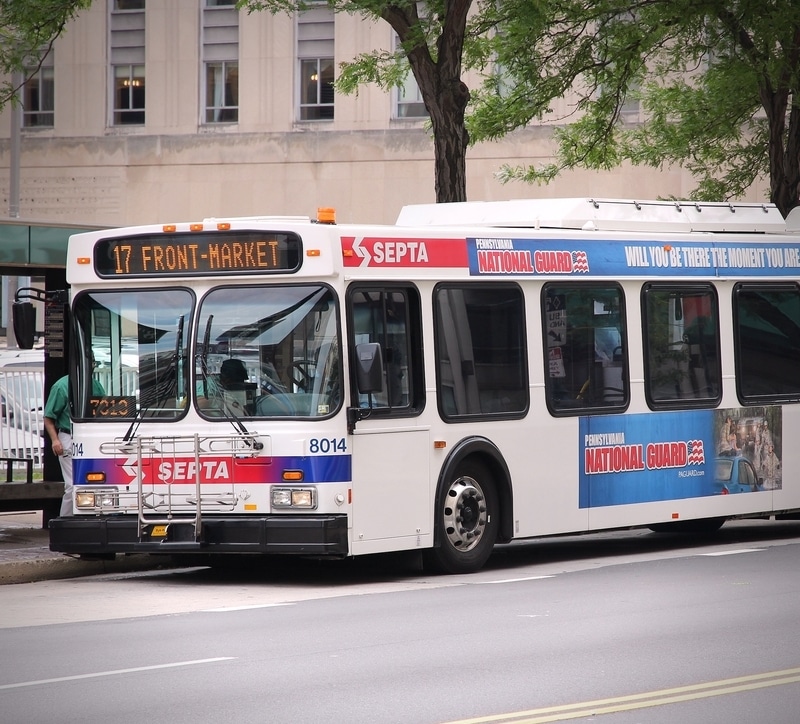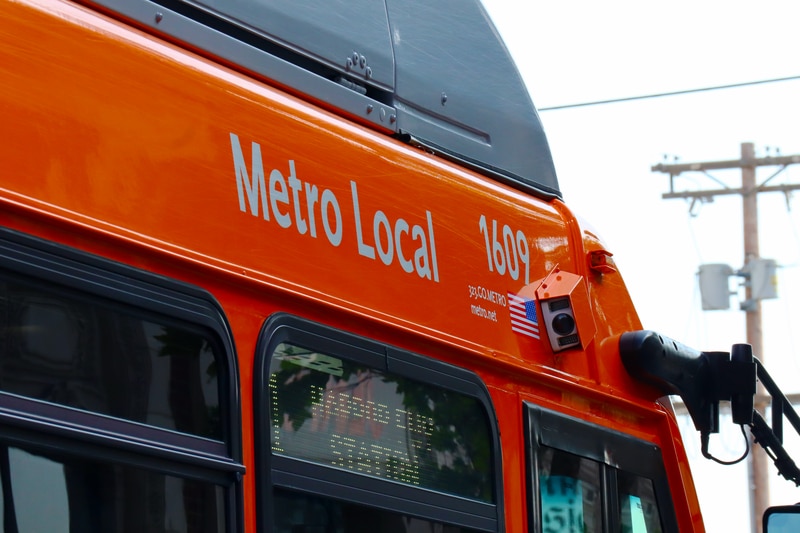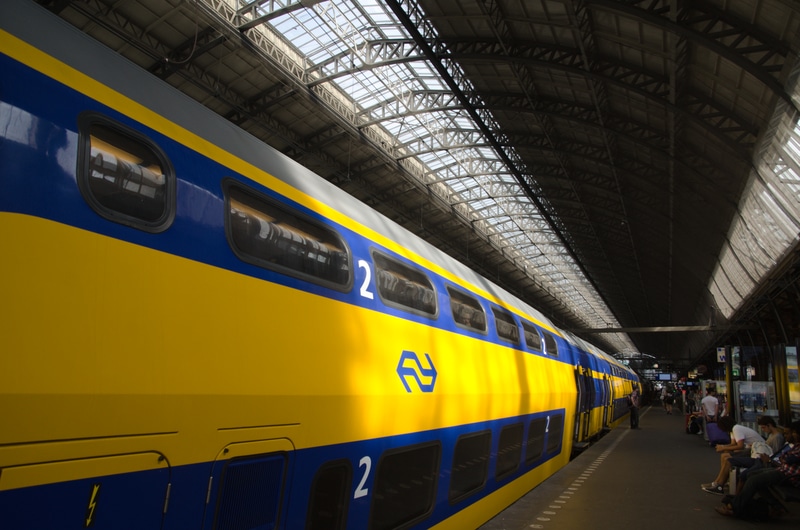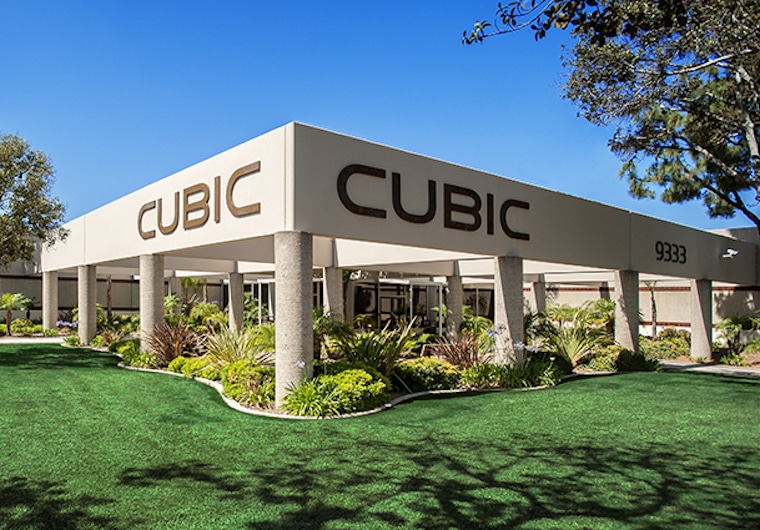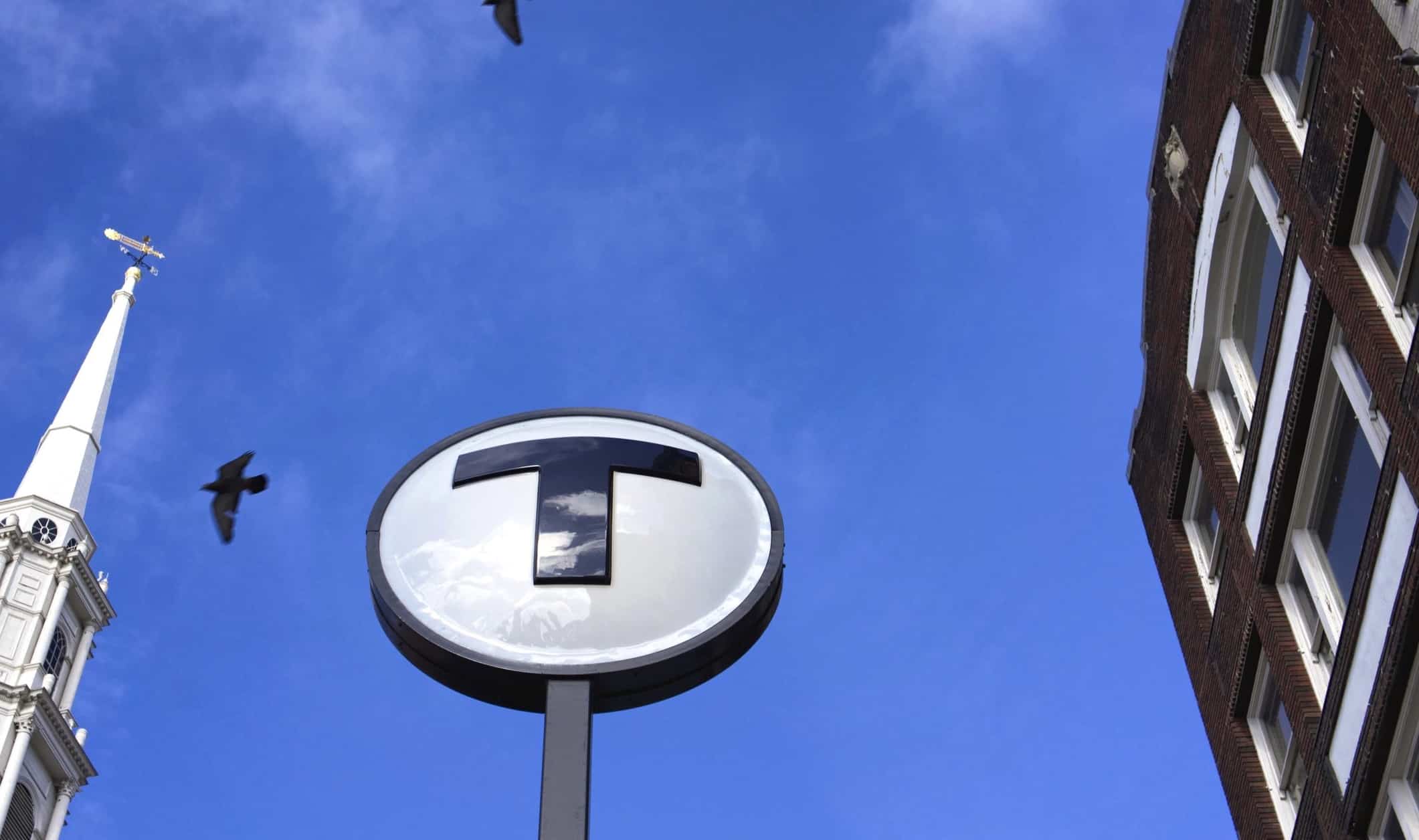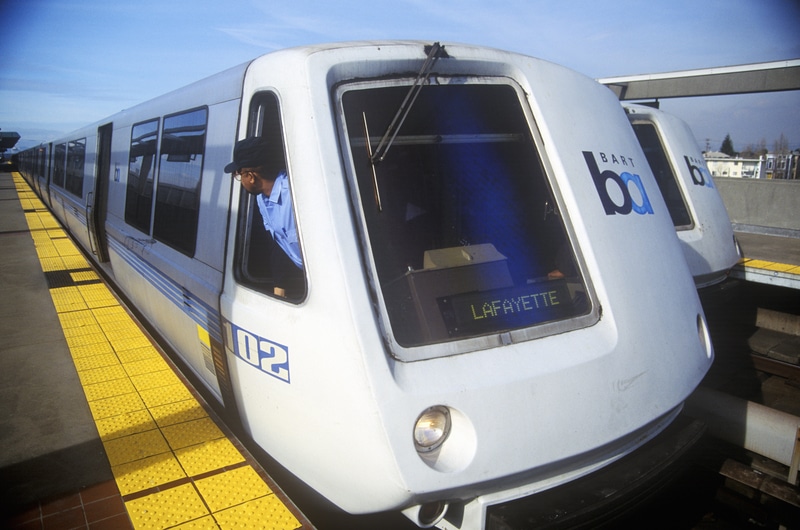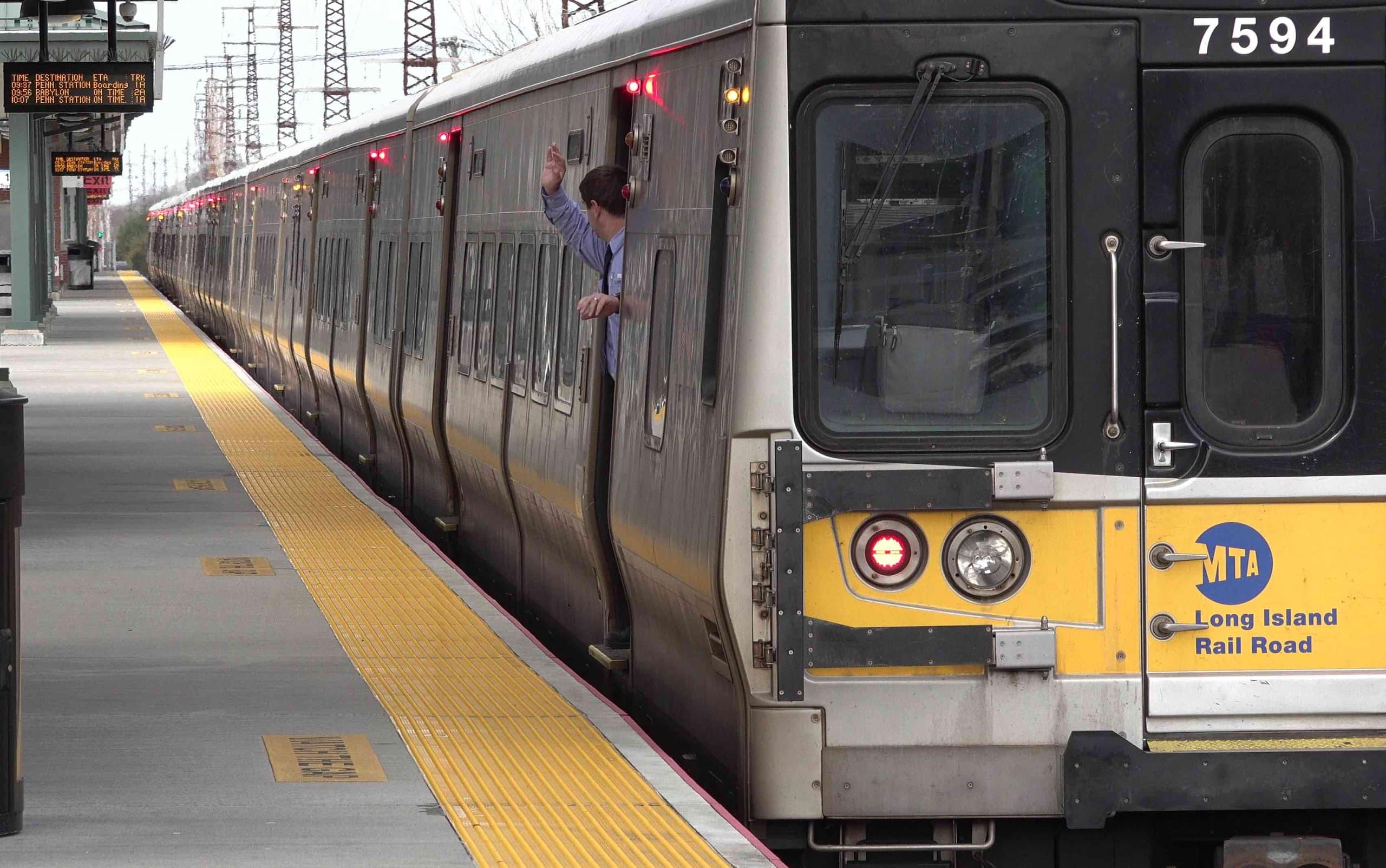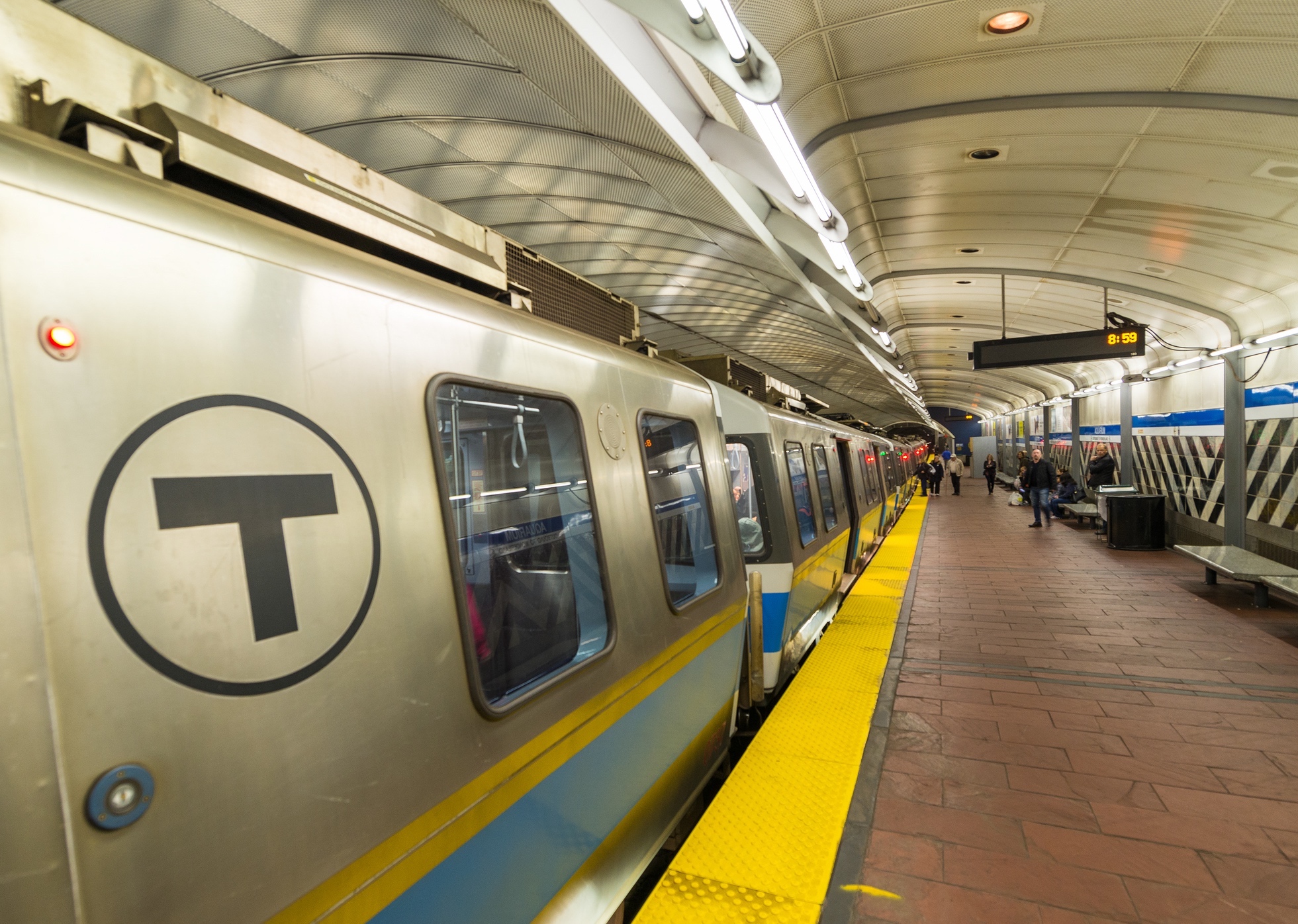
Article Highlights
MBTA plans to rid its fare-collection system of cash. The expensive overhaul of the fare-collection system, which will introduce open-loop payments, an enhanced closed-loop service and account-based ticketing, is not scheduled to be completed until 2024.
U.S.-based Cubic Transportation Systems is building the system, which will cost nearly $1 billion, an amount that includes 10 years of operational costs. The project, which has been delayed, is now scheduled to be fully rolled out by 2024.
• MBTA
• Cubic
The Massachusetts Bay Transportation Authority, or MBTA, in Boston plans to completely do away with cash fare payments on its various transport modes when it rolls out its massive new fare collection system.







